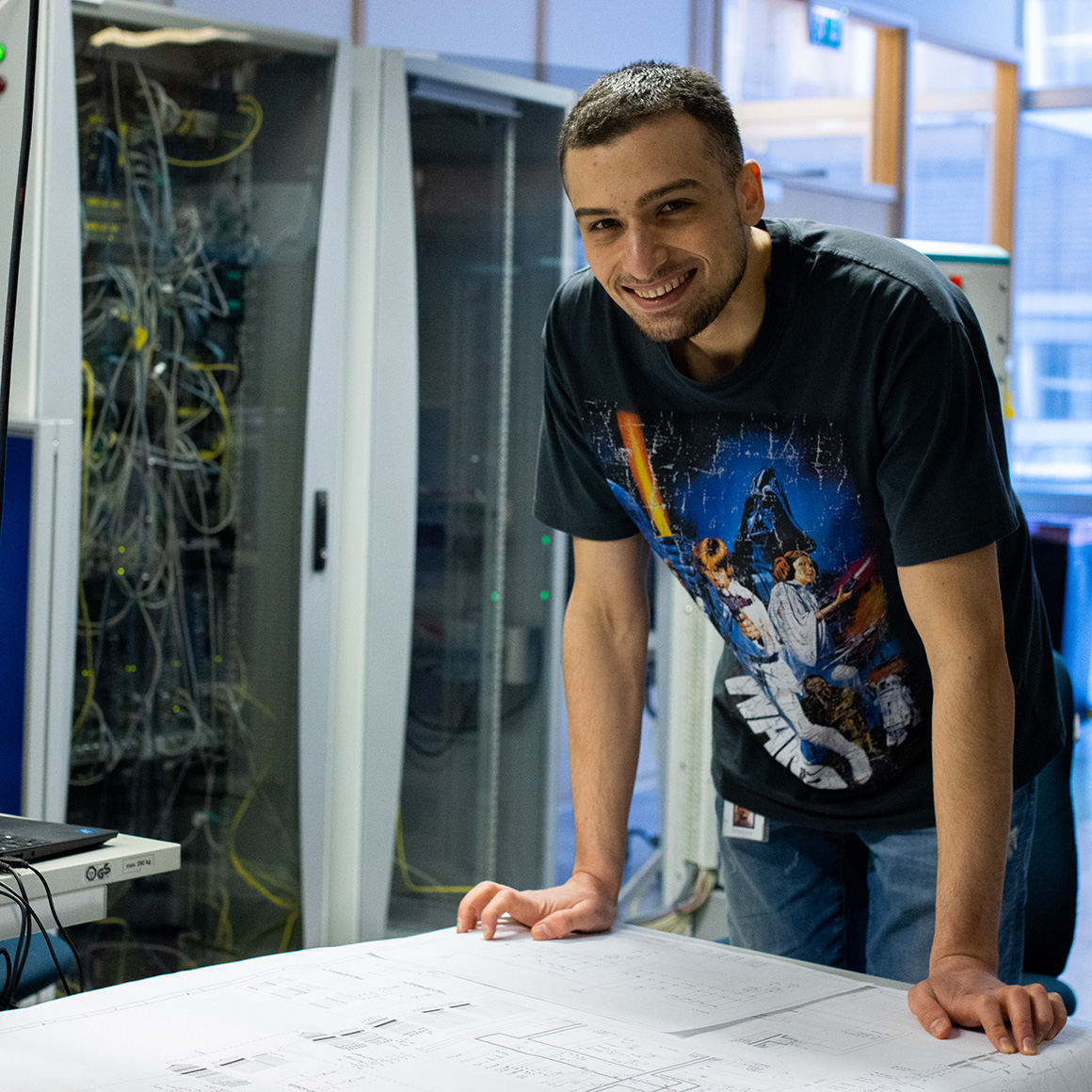
Human Factors Design
Kongsberg - Part time
Human Factors Design will provide you with a framework for different methods and techniques that systematically integrate humans into the systems engineering lifecycle.
-
Closing dates: Expired
Study facts
-
Campus: Kongsberg -
Study level: Further education -
Progression of study: Part time -
Start up: Spring 2025 -
Teaching model: Session-based -
Credits: 0 or 7,5 -
Charge: NOK 20.000/25.000 (without or with credits) -
Closing dates: Expired -
Teaching Language: English -
Number of students: 25
Dates
- Week 15; 08.04.24-12.04.24
What is Human Factors Design?
“All systems are designed to serve a purpose – and that purpose is to serve people”
Human Factors Design (HS design) is an approach to optimise systems performance by systematically focusing on the human component (human capacities, abilities, limitations, aspirations) throughout the Systems Engineering Lifecycle.
This module provides a framework and set of principles for HF design. It describes concepts such as Context of Use, Usability, Design thinking, Human Machine Interaction, Human Error, Universal Design and User Experience.
Participants will be provided with a framework for different methods and techniques that systematically integrate humans into the systems engineering lifecycle. Participants will learn how to identify and collect end users needs, optimally allocate functions between humans and technology and how to optimize the interfaces between the two. Participants will learn how to design and test interfaces between humans and technology.
Relevant human characteristics and limitations, such as anatomy, perception, cognition, mental models and decision-making, will be reviewed and implications for systems design highlighted.
Examples from various industries including public transportation, maritime, oil and gas, payment, and assistive living will be presented.
Why take this course?
About 95% of new systems launched into the consumer marketplace fail to achieve their expected business potential. Even simple systems such as ticket machines, fail to perform optimally as they are not adapted to end users needs, i.e. are not easy or intuitive to use.
The consequences of safety critical systems, run by highly trained operators, having a suboptimal design can be serious.
~70% of industrial incidents are attributed to “Human Error”, where system demands exceed human capabilities/capacities.
In the near future, untrained consumers will meet an influx of complex systems at home, in transportation and in the public domain. It is essential for individuals and society at large, that these systems are easy to use and provide an outstanding user experience.
This course will help you achieve:
-
Optimal systems performance
-
High level of User Satisfaction
-
Enhanced reputation
-
Cost effective use
-
Meet/exceed legislation /standards
This course will help you avoid /reduce:
-
Risks and costs in systems use – “Human Error “
-
Costly redesign of systems
-
Negative publicity /damage to brand
-
Lack of system use (uptake)
Who should take this course?
This course is a must for systems designers who want to:
-
Connect better with end users
-
Transform user needs into actionable ideas/ solutions
-
Identify new opportunities
-
Increase speed and effectiveness of creating new successful solutions
-
Reduce risks and costs in system development and use.
Participants do not require any specific formal background, just a passion for creating an outstanding user experience.
Instruction
The course is organized over one week from 08:00 to 16:30. The course is a mixture of lectures and work in groups. Master students and others taking courses for credit will work on a written assignment that is due 10 weeks after the end of the course. A completed course with an approved written assignment will give 7.5 study points.
Prices
The price for attending a course depends on whether you take the course for credit or not. To get credit for the course, you need to hand in a written assignment.
- Alternative 1: Attendance only kr. 20.000,-
- Alternative 2: Attendance and written assignment kr. 25.000,-
For alternative 2, the price also includes supervision and grading of the written assignment.
Registration
The registration deadline for each course is 2 weeks before the course starts.
We accept registrations also after the deadline, provided there are available seats. Each course has a limited number of seats, so please sign up early. We reserve the right to cancel courses with too low participation.
Course plan
A course plan will give you a description of the academic content of the course and your learning outcome. You will find reading lists and relevant information on how each course is taught.
Link to the latest published course plan
Admission requirements
A bachelor’s degree in engineering or exact sciences, or similar
A bachelor’s degree in natural science or technology provided that it contains at least 20 ECTS mathematics and/or statistics or physics
A cumulative grade point average of C or above
You must also fulfill the English requirements
The admission requirements are founded on the regulations regarding admission


